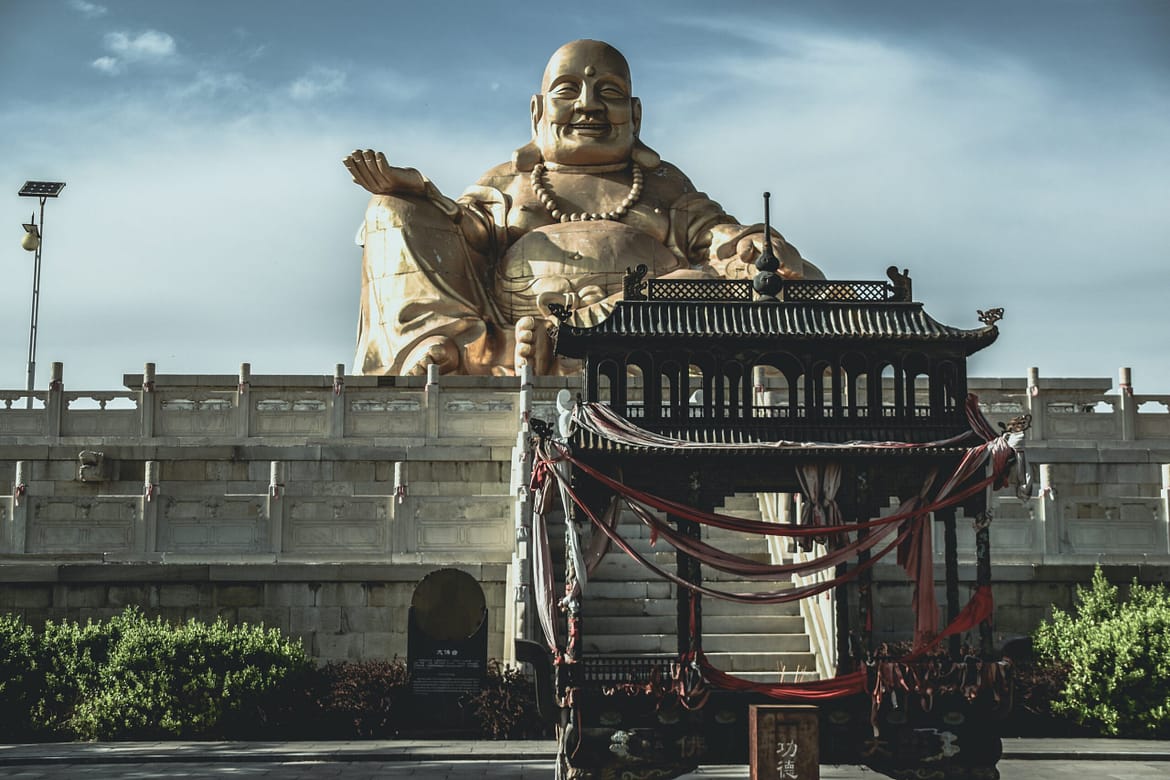one drill, one guide
while there is a general obsession today with doing everything freehand (something i have never understood in the slightest), i am a woodworker who loves absolute perfection, precision and the guarantee of success. so i use guides, jigs and mounts to get predictable results with my cutting, paring and drilling.… Read More »one drill, one guide





